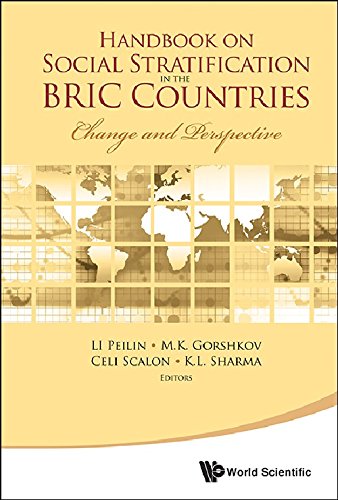

Most ebook files are in PDF format, so you can easily read them using various software such as Foxit Reader or directly on the Google Chrome browser.
Some ebook files are released by publishers in other formats such as .awz, .mobi, .epub, .fb2, etc. You may need to install specific software to read these formats on mobile/PC, such as Calibre.
Please read the tutorial at this link. https://ebooknice.com/page/post?id=faq
We offer FREE conversion to the popular formats you request; however, this may take some time. Therefore, right after payment, please email us, and we will try to provide the service as quickly as possible.
For some exceptional file formats or broken links (if any), please refrain from opening any disputes. Instead, email us first, and we will try to assist within a maximum of 6 hours.
EbookNice Team

Status:
Available0.0
0 reviewsThis handbook's contributing authors are leading sociologists in the four countries. They fill the gap in existing literature and examine specifically the changes in each society from the perspective of social stratification, with topics covering the main social classes, the inequality of education and income, and the different styles of consumption as well as the class consciousness and values. Under every topic, it gathers articles from authors of each country. Such a comparative study could not only help us achieve a better understanding of the economic growth and social development in these countries, but also lead us to unveil the mystery of how these emerging powers with dramatic differences in history, geography, culture, language, religion and politics could share a common will and take joint action. In general, the handbook takes a unique perspective to show readers that it is the profound social structural changes in these countries that determine their future, and to a large extent, will shape the socio-economic landscape of the future world.
Readership: Academics, professionals, graduates and undergraduates interested in sociology, social structure and social issues in the BRIC countries (Brazil, Russia, India and China).